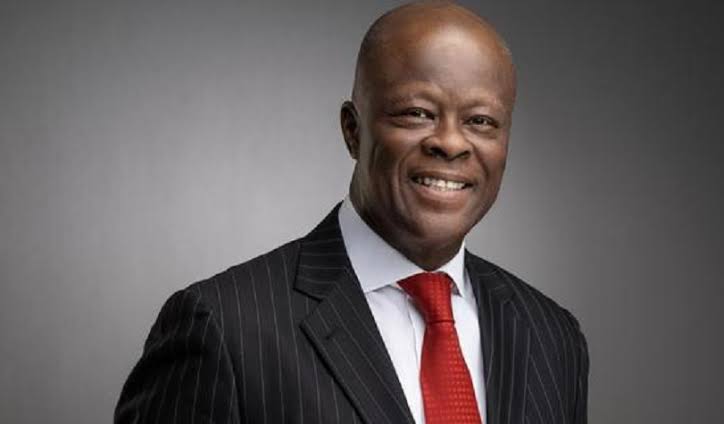In a bid to revive the dwindling economy in the country, the minister of finance and coordinating minister of the economy, Wale Edun, while addressing the journalists at the end of the inaugural Federal Executive Council (FEC) on Monday in Abuja, explained that the federal government do not have any plan to borrow from any local or foreign organisation.
The minister, while lamenting the state of the economy, believed that the benefits of petrol subsidy removal would be ploughed back into various sectors to boost government revenue and improve the business environment.
He said, “Clearly, the federal government is not in a position to borrow at this time. Rather, the emphasis has to be on creating a stable macroeconomic environment. Stable inflation, stable exchange rate, an environment within which people can come and invest and thereby increase production and further grow the economy. Improve and create jobs and reduce poverty.”
“So, the aim of all reforms at this time is to focus on what we call equity to focus on investment to attract investment by Nigerians. Investment by foreign direct investors and even investment by portfolio investors that want to invest in the financial aspects of the Nigerian economy, such as the stock market, such as the bond market.
“So that is the plan. That is the expectation that there will not be a reliance on borrowing. Rather, as revenues increase, as the benefit of removing fuel subsidy and the subsidy on the exchange rate, those mean more money for the government at all levels.
“Because, of course, through oil revenue, the federation earns dollars and if those dollars are feeding through, at let’s say, 700/750 or so naira to one dollar as opposed to 460 where it was before; clearly, that is repairing the finances of government are federal state and local government levels.”
Edun said the President Bola Tinubu-led administration inherited a “bad” economy with an unacceptably high rate of unemployment and inflation.
“Per capital has fallen steadily, inflation is at 24 percent, unemployment is high, you know they are rebasing the way in which it’s calculated. Either way, it is high and youth unemployment is even unacceptably high, these are the key metrics that we have met”, he said.
“We met a bad economy and the promise of Mr. President is to make it better”.


